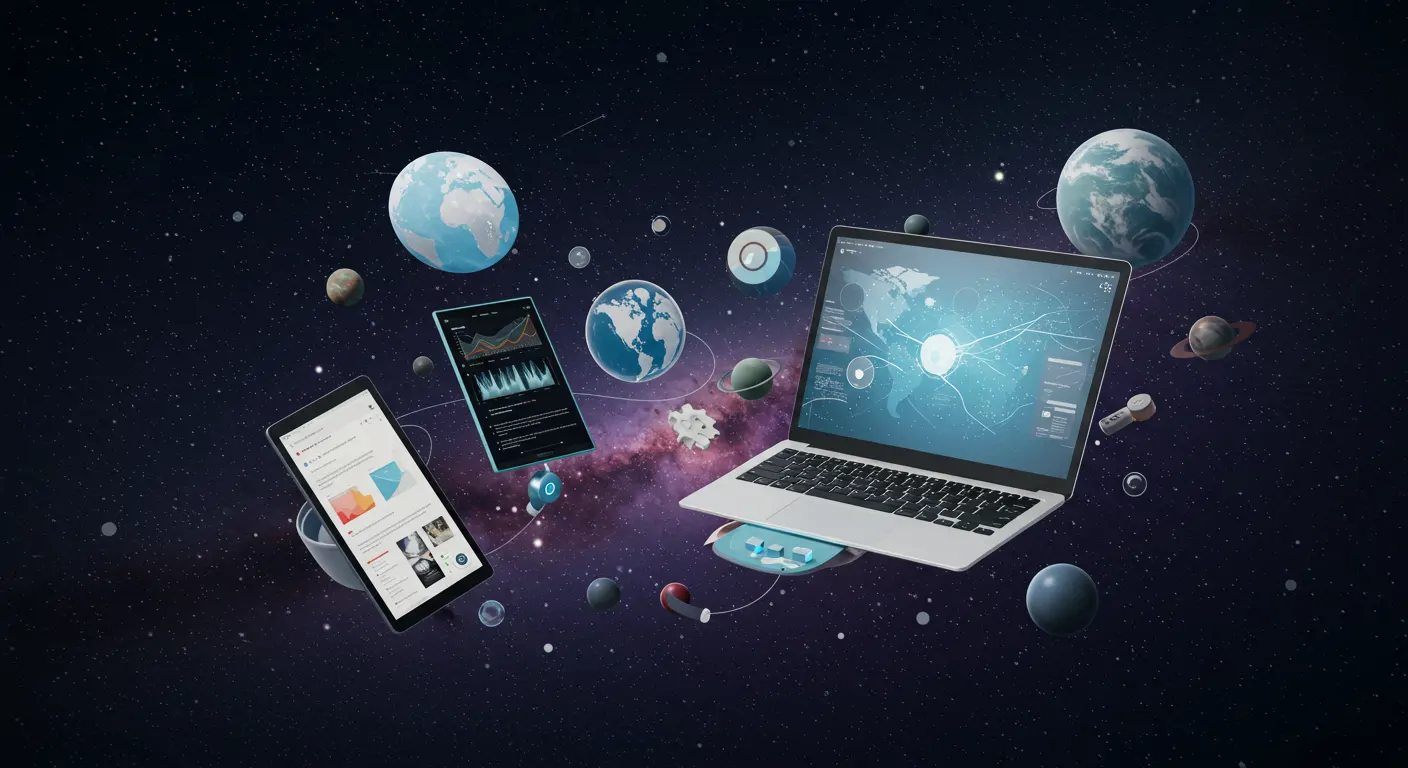Introduction: Why This Matters Now
The rise of AI-powered personalization is not just a buzzword; it's a transformative force reshaping customer engagement strategies across industries. In 2025, companies that leverage AI for personalization are seeing a 35% increase in customer retention and a 22% boost in cross-selling opportunities, according to a recent McKinsey report. This trend signifies a paradigm shift where personalized experiences are becoming the new norm, driven by sophisticated algorithms that understand customer preferences in real-time.
The implications are profound, affecting marketers, customer service specialists, and developers, pushing them to adopt AI technologies to stay competitive. This article delves deep into how AI-powered personalization is evolving, its drivers, real-world applications, and the challenges it presents to different stakeholders.
Read time: 15 minutes
The Current State: What's Happening Right Now
As of 2025, the AI personalization market is valued at $1.5 billion, with a projected CAGR of 25% over the next five years. Major players like Amazon, Netflix, and Spotify are pioneering this space, offering hyper-personalized experiences that keep users engaged. For instance, Netflix reported a retention rate increase of 23% after deploying its new AI-driven recommendation system in early 2024.
Traditional approaches that relied on segment-based targeting are quickly becoming obsolete. The inability to tailor experiences at the individual level is leading to a significant drop in engagement rates, as noted by Gartner in their 2025 digital marketing trends report. Consumers now expect brands to know their preferences without explicitly stating them, a demand only achievable through AI.
Key Drivers: What's Fueling This Trend
Driver 1: Technological Advancements
With the advent of large language models and advanced data analytics, AI systems can process vast amounts of data to deliver real-time personalization. A 2024 study by Forrester highlighted that companies using AI-based personalization saw a 10% increase in sales efficiency.
Driver 2: Data Abundance
The sheer volume of consumer data generated from multiple touchpoints provides a rich source for AI to analyze and understand consumer behavior patterns. In 2025, it is estimated that the average consumer produces 1.7 MB of data per second, providing an unparalleled opportunity for personalization.
Driver 3: Consumer Demand
Today's consumers expect seamless and personalized experiences across all platforms. According to a 2025 Salesforce report, 72% of customers say that personalization influences their loyalty to a brand.
Real-World Impact & Case Studies
Case Study 1: Amazon
- Implementation of AI-driven product recommendations
- Achieved a 29% increase in average order value
- Lesson: Leverage AI to enhance recommendation precision
Case Study 2: Spotify
- Introduction of AI-generated playlists
- User engagement improved by 37% in 2024
- Lesson: Use AI to create unique user experiences
Case Study 3: Sephora
- AI-powered virtual try-on technology
- Increased online sales conversion by 18% in 2025
- Lesson: Innovate customer interaction using AI technologies
Industry Implications
For Developers
- Skill up in AI and machine learning algorithms
- Focus on data analytics and user interface design
For Businesses
- Integrate AI into customer service for efficiency
- Develop competitive differentiation through personalization
For Investors
- Look for startups in AI-driven customer solutions
- Consider risks associated with data privacy regulations
Challenges & Criticisms
Despite the benefits, AI personalization faces resistance due to privacy concerns. Critics argue that excessive data collection could lead to misuse, as seen in the 2024 data breach at Zeta Corp., affecting 1 million users. There's also skepticism about AI's ability to truly understand the nuances of human behavior, potentially leading to suboptimal experiences.
Future Outlook: What's Next
In the short term, expect further integration of AI across customer touchpoints, leading to enhanced customer journeys. By 2027, AI personalization is predicted to be a $5 billion market, with voice and visual AI technologies becoming mainstream. Companies must prepare by investing in robust AI frameworks and addressing ethical considerations to avoid potential pitfalls.
Frequently Asked Questions
- What is AI personalization? AI personalization uses data and algorithms to create tailored experiences for users.
- How does AI affect customer engagement? AI enhances engagement by providing relevant content and offers to customers.
- Are there risks with AI personalization? Yes, primarily related to data privacy and ethical usage.
- What industries benefit most from AI personalization? E-commerce, media, and retail are the major beneficiaries.
Conclusion: Key Takeaways
- AI personalization is essential for competitive customer engagement in 2025.
- Companies must leverage data and AI technologies to meet consumer expectations.
- Addressing privacy concerns and ethical use of AI is crucial for sustainable adoption.
- Investing in AI skills and infrastructure will be key for future success.
To delve deeper into AI personalization strategies, explore our comprehensive guide to AI integration.




